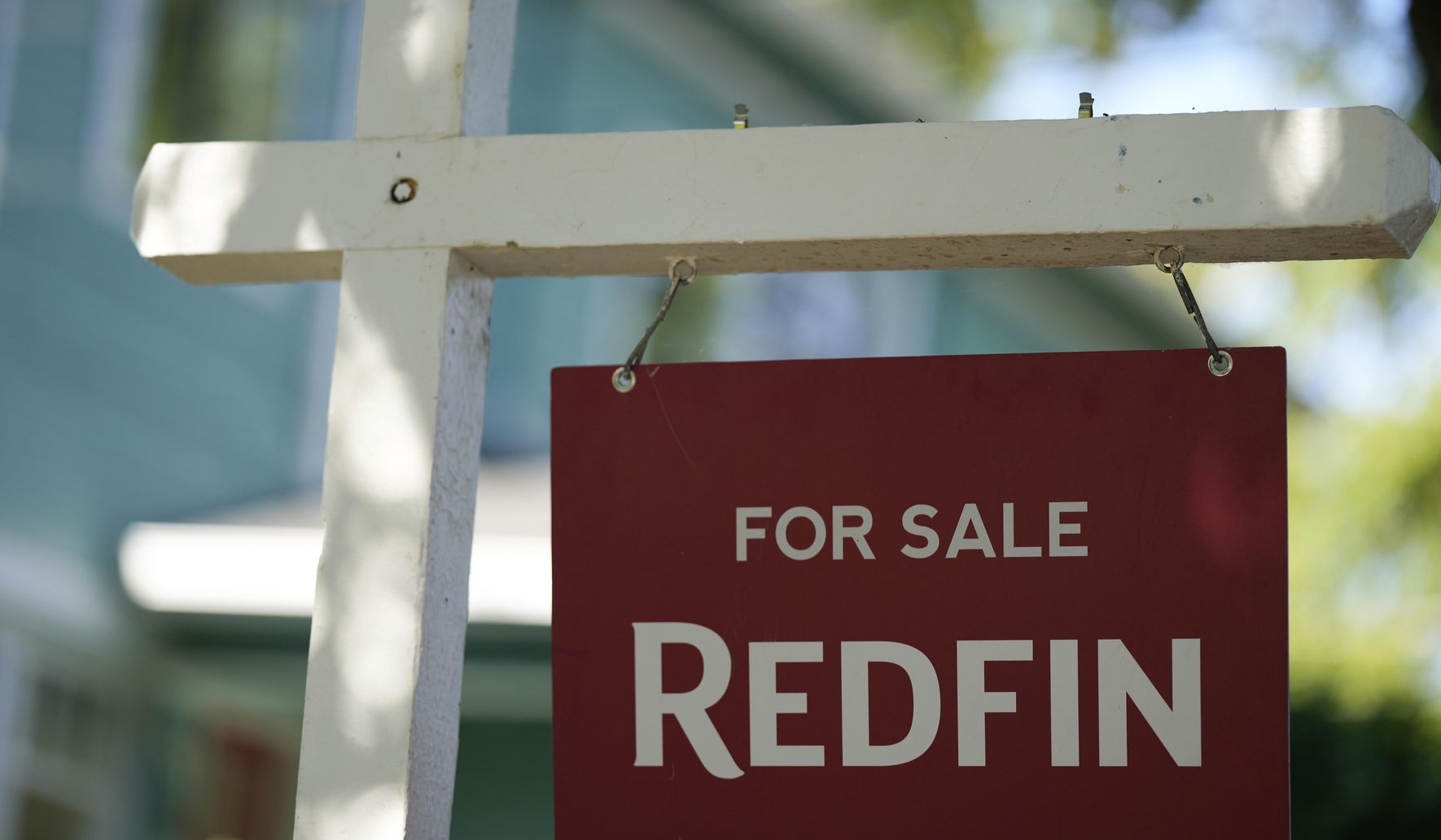Don't let falling rates fool you. While some homeowners rush to refinance, the smartest money moves aren't obvious. Timing tricks and negotiation strategies can unlock thousands in hidden savings—or cost you big if mishandled.

Let's Talk About Those Falling Mortgage Rates (And The Money Moves Most People Miss)
Look, we've all seen the headlines about dropping mortgage rates. But here's what drives me crazy—most advice stops at "refinance now!" as if that's the whole story. There's way more meat on this bone, and I'm here to help you squeeze every dollar of value from this opportunity.
Truth bomb: Sometimes the smartest move isn't the obvious one. Yes, lower rates can mean serious savings, but let's get real about how to play this game strategically.
The Real Deal on Refinancing
Before you jump on the refi bandwagon (and trust me, your bank is hoping you'll sprint there), let's talk numbers. Those closing costs? They're not pocket change—we're talking 2-5% of your loan amount. On a $300,000 mortgage, that's up to $15,000 walking out of your pocket. Ouch.
Here's what your friendly neighborhood loan officer probably won't mention: Your break-even point matters more than the rate itself. If you're saving $200 monthly but paying $6,000 in closing costs, you'll need 30 months just to break even. Planning to move in two years? Do the math—you're actually losing money on that "smart" financial move.
The Hidden Opportunities Nobody's Talking About
Mid-week rate shopping? Yes, it's a thing. Rates typically dip Tuesday through Thursday. Why? Because lenders get hungry for business mid-week. I've seen clients save thousands just by timing their rate locks strategically.
And here's another insider secret: Most people take the first rate they're offered. Big mistake. Huge. Lenders expect negotiation—it's built into their pricing. Get at least three quotes, then use them as leverage. I've watched homeowners save an extra quarter-point just by showing competing offers.
Smart Moves for Different Scenarios
Current homeowners, listen up. That lower rate looks tempting, but sometimes the smarter play is staying put and redirecting would-be closing costs into high-yield savings or paying down higher-interest debt. Remember: A mortgage is just one piece of your financial puzzle.
House hunting? Don't fall into the "bigger budget" trap just because rates dropped. Instead, consider keeping your original budget and:
- Switching to a 15-year mortgage (hello, faster equity)
- Banking the monthly savings for home improvements
- Building that emergency fund you've been putting off
Investment property owners, you've got some interesting plays available. A cash-out refi could fund value-adding improvements or consolidate debt. But please, for the love of compound interest, run the numbers before pulling the trigger.
Beyond the Basic Math
Here's where it gets interesting. Lower mortgage payments create opportunities, but the real magic happens in how you use that extra cash flow. I'm seeing savvy homeowners:
- Upgrading to energy-efficient appliances (turning one-time savings into permanent utility bill reduction)
- Maxing out retirement accounts
- Building college funds
- Creating passive income streams
The Long Game Strategy
Look, I get it. Lower rates are exciting. But let's think bigger than just monthly payment savings. The real winners in this game are the ones who use this opportunity to strengthen their overall financial position.
Take Sarah, one of my readers. Instead of stretching for a bigger house payment, she kept her original budget when rates dropped. The difference? She's putting an extra $300 monthly into index funds. Twenty years from now, that decision could mean an additional $150,000 in her investment account. Now that's what I call playing the long game.
Your Action Plan
First, get clear on your numbers. What's your current rate? What are your real costs to refinance? What's your timeline in the home? No generic online calculator can give you the full picture—you need to crunch your specific numbers.
Then, think strategically about how rate savings could work harder for you. Maybe it's accelerating debt payoff, maybe it's investing, or maybe it's finally fixing that energy-sucking HVAC system. The point is, don't just chase a lower rate—chase smarter money moves.
Remember, folks: The goal isn't just to save money today. It's about positioning yourself for lasting financial strength. Sometimes that means refinancing, sometimes it doesn't. The key is making the choice that serves your bigger financial picture, not just your monthly payment.
Now go forth and make those dollars work harder. Your future self will thank you.